What Do Restaurants Do When Customers Can't Pay?
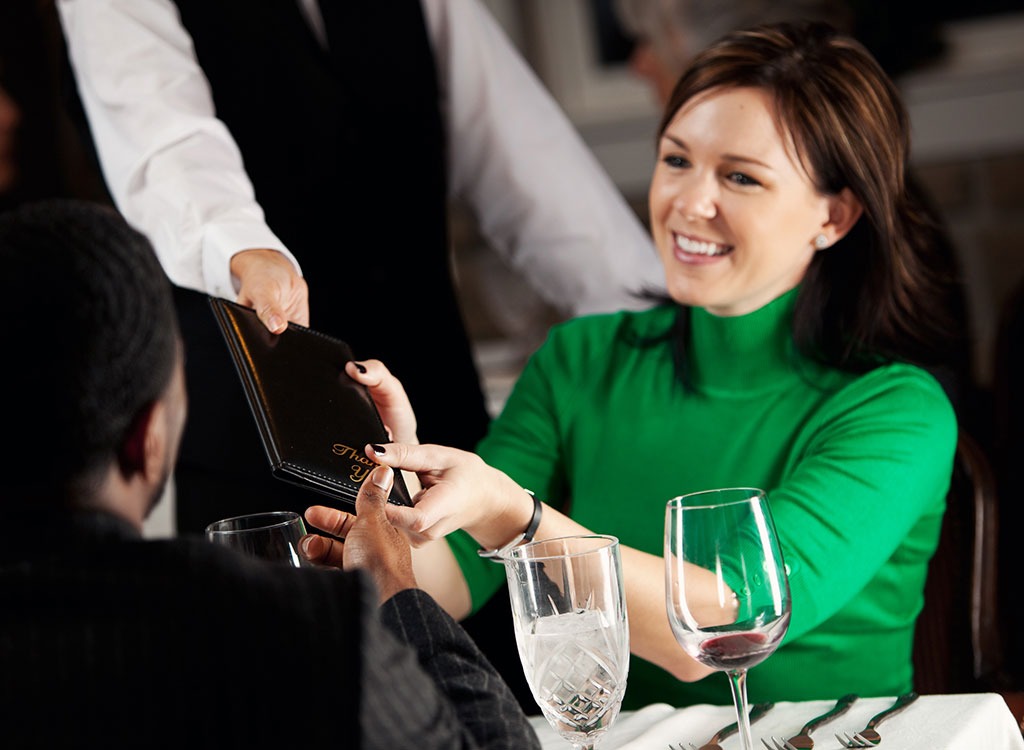
It happens to the best of us—you go out to dinner, eat a grand meal, order some drinks, but when the bill comes around, you realize you can't pay. Maybe you switched purses for the night and forgot your wallet. Maybe your credit card won't go through. No matter the case, you're stuck asking yourself: "What do I do?"
In the olden days, you'd roll up your sleeves, head to the kitchen, and start washing dishes until you paid off your debt. However, this is no longer the case, as FDA food regulations do not allow unauthorized people in the kitchen. Also, restaurant kitchens have industrialized and their dish-washing equipment takes training to use—all of which is too much of a hassle to deal with to pay back a meal.
We talked to seven restaurant professionals about their experiences of handling these situations and asked them what customers should offer to do when they can't afford to pay. Before heading for a night out, make sure you have your wallet and check out the worst things you can order at a restaurant. And if you want healthy recipes, supermarket shopping guides, and essential nutrition tips at your fingertips subscribe to the new Eat This, Not That! magazine now! For a limited time, you can save 50 percent off the cover price—click here!
They Take a Leap of Faith
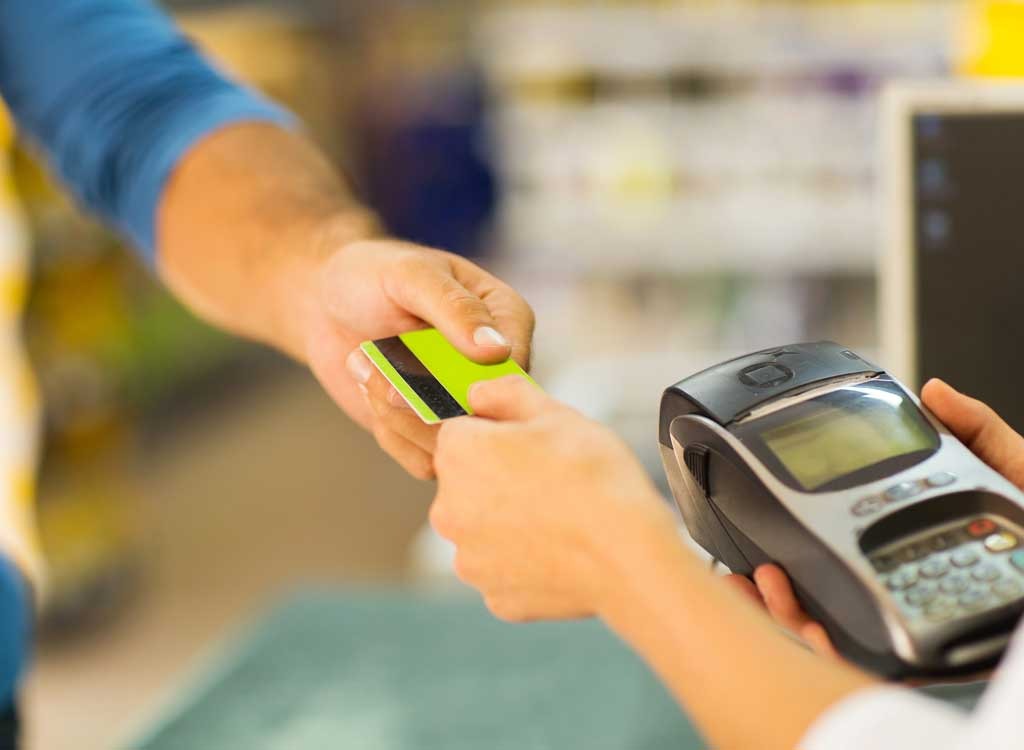
Sometimes when customers can't pay their bill because of a credit card issue, restaurants will let them leave and trust they will pay once the card is activated again. "There's been an occasion where a guest came in and they sat at the bar, had some food, some drinks, and the credit card didn't go through," said Jose Zepeda, director of operations at Cockscomb in San Francisco. "Sometimes we take a leap of faith, but he called the next day and let us know the card was activated. So we took his credit card information and we swiped it."
Zepeda suggests calling your credit card company before you travel, as many will shut down a card automatically if they are not aware of where you are. If your card does get shut down, call your credit card company to see if they can reactivate it at the restaurant—most of them have 24-hour hotlines and can help immediately.
They Ask for Collateral
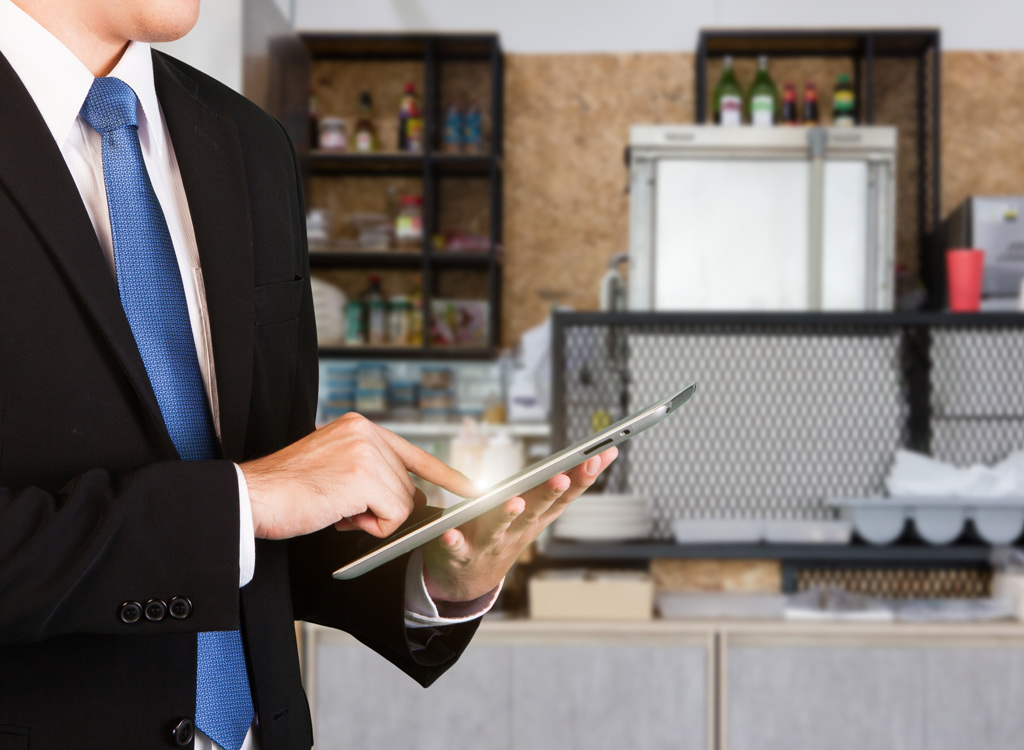
When people forget their form of payment, "it usually is an honest mistake," said Sheryl Best, director of guest relations at Echo & Rig in Las Vegas. The guest is allowed to leave the restaurant if this happens, but they're asked to leave something in return. "We ask the guest to leave behind an ID or a phone. This assures they will be back."
However, that is not always the case. "You do get burned once in a while," said Zepeda. "We had a case where someone didn't have money to pay for their drink. We asked if they could keep their ID until they came back the next day and dropped off the money, but they never came back, so we kept the ID. Overall, it doesn't happen often, which is nice."
They Call it an I.O.U.
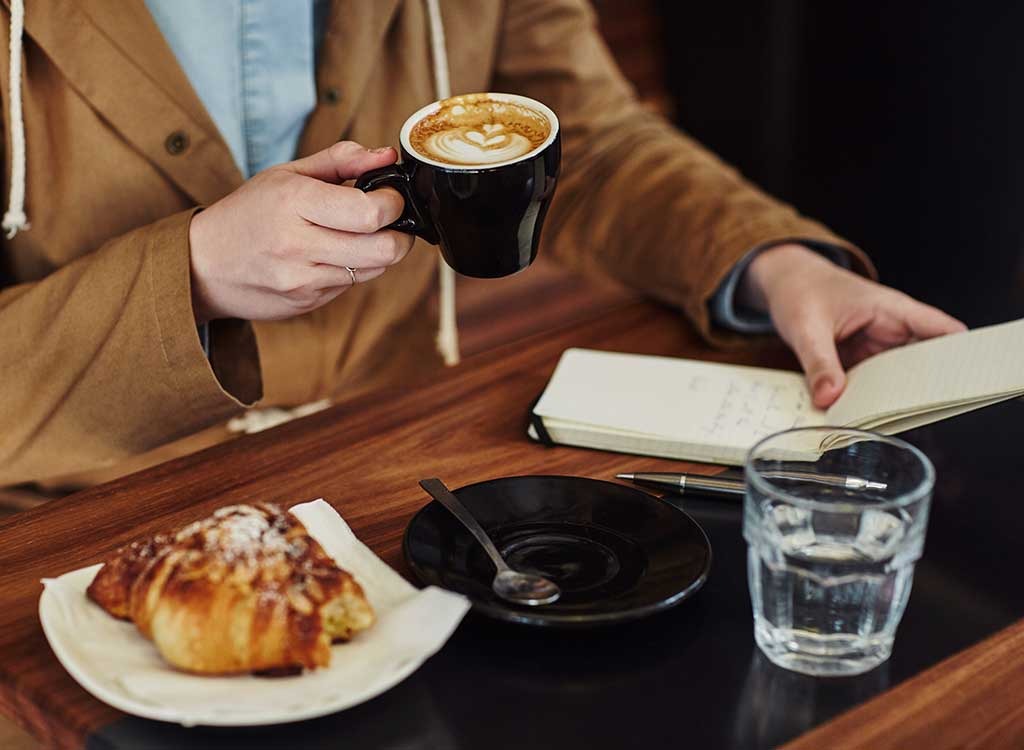
When Terryl Gavre opened her restaurant, Cafe 222 in San Diego, it was a cash-only business, causing some issues when it came time to pay. Gavre would write an I.O.U.—an informal document that acknowledges the debt owed—for customers without cash. "Unbelievably, every single guest would always come back and pay their bill!" said Gavre. Now, 25 years later, Gavre still writes I.O.U.'s, even though she accepts both cash and card. She says that 99 percent of the time, the customers not only come back to pay their bill but to dine there again, too!
They Get Law Enforcement Involved

While some restaurants are lax about customers not being able to pay, others take it more seriously when they aren't paid back. While working at Olive Garden and Max & Erma's as a waiter and busboy, Matt Pinsker said this happened a number of times. "Normally, the customer simply makes an honest mistake," said Pinsker. "They may have forgotten a wallet, or a credit card is declined, or something else. The last thing a restaurant or anyone in the customer service industry wants to do is embarrass a customer."
According to Pinsker, the protocol is to get the customer's information and make a copy of their ID. However, if they forgot their wallet, law enforcement may come to identify the person first before they are allowed to leave. And if they don't come back to pay their bill in a reasonable amount of time, the restaurant might file criminal charges. People who stay to get their information taken are more likely to come back and pay, Pinsker said. "Most people who are trying to avoid a restaurant bill simply walk out at the end of the meal."
They Use Their Comps

When customers are clearly going through a tough time, the restaurant will step in. That was the case for former restaurant manager Jay Skowron. "[A single mom] only ordered a side dish for herself and let her two children split one of the larger adult entrées we had on the menu," Skowron explains. "My server came up to me at the end and said that her debit card had been declined and another card provided was also not working. I was allowed one free shift meal a day for myself, so I told her I would cover the cost of the meals for her and her kids using my comp. I also gave the kids two desserts before they all left. She was incredibly grateful, and in this case, I found no reason to doubt the sincerity of her story. It was a touching moment and I was grateful to be able to help out a little."
Another restaurant in South Carolina is based in a tourist destination, where a lot of people stop on their cruises. 5Church Charleston sees a lot of customers who forgot a form of payment right off the boat. "Whether a patron forgot a card or didn't bring enough cash, we do not pry into the situation," said General Manager Tom Marino. "Things happen. We comp the meal and wish them a great day!"
They Track You Down
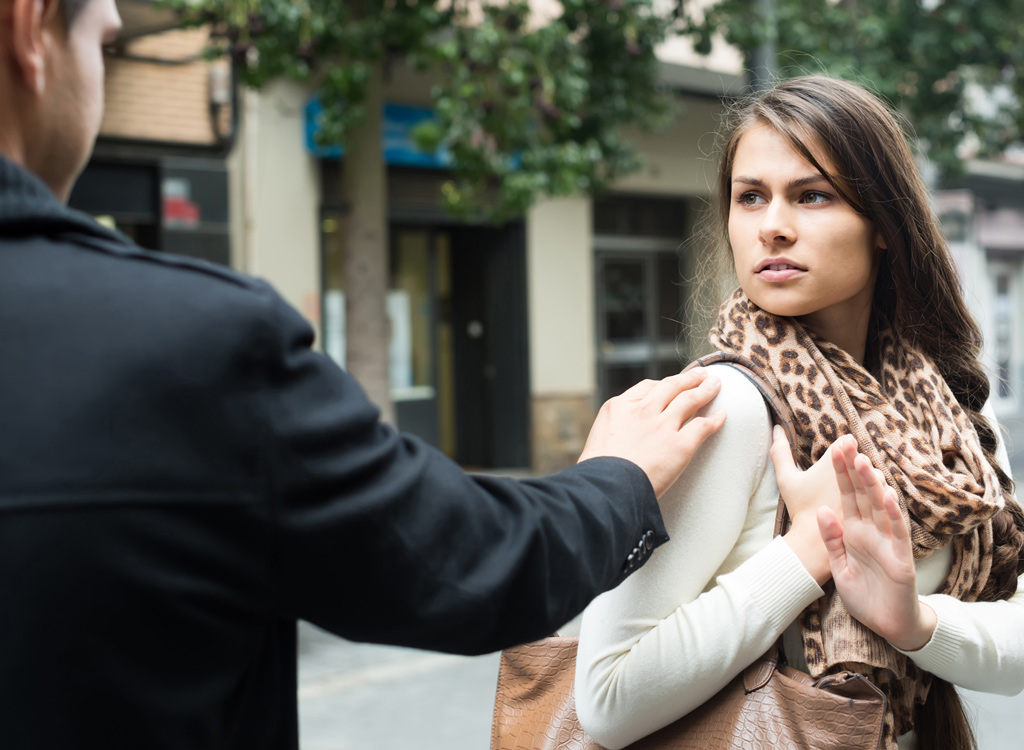
In his time as a restaurant owner in New York City, Rick Camac has only seen a few customers try to get away without paying. At his restaurant, Fatty Crab, a customer did just that.
"When the server and the busser found out about it, they literally chased him down the street, and came back with cash in hand," laughs Camac. "Servers and bussers, they take that stuff really personally—I think they take it harder than ownership does."
They Threaten With Chores
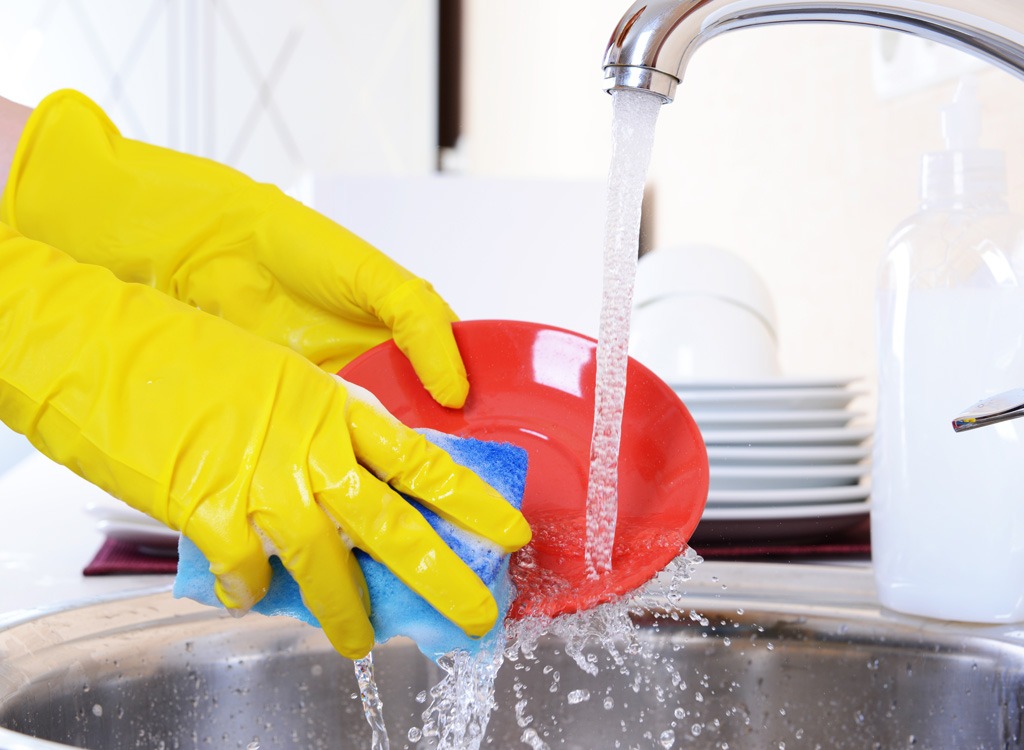
Another time, Camac used the old-fashioned trick and offered someone to pay off their meal by washing dishes. "While I was serious about it, I was hoping he wasn't going to take me up on it because the last thing I want is to put this guy in my kitchen. Somehow he figured out a way to [pay]. He found some cash in his pocket to pay his tab."
Camac advises being sincere with the restaurant staff if you ever find yourself in a similar situation. "I would say it's 50/50, the people trying to get away with something versus the number of people who are actually genuine. For the ones that are [genuine], I think the best thing to do is to be truthful about the situation, whatever it may be, and try to resolve it."
If these awkward situations got you inspired to cook more meals at home, check out our best-selling Zero Belly Cookbook. It's jam-packed with over 150 recipes that will flatten your belly, turn off your fat genes, and keep you lean for life!








